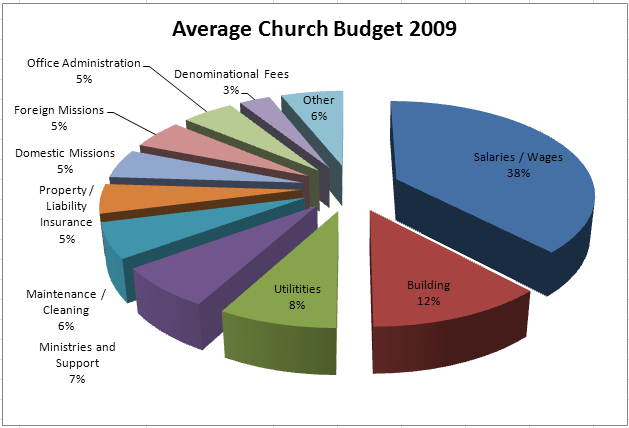What did Jesus tell the rich young ruler to do with the proceeds of selling his possessions? How does that compare with what an average church today might direct him to do with the money? See the chart below and think: did Jesus say that he should deposit the proceeds into the temple treasury, or give the money to the local synagogue for its building fund or so it could pay its rabbi? Are those things necessarily wrong? See Luk 21:1-4, 7:5, 1Co 9:6-14, 1Ti 5:17-18. But are those the things that the New Testament emphasizes should be the objects of our giving? See again Act 2:44-45, 4:34, as well as Luk 14:12-14, Joh 13:27-29, Act 6:1-2, 9:36,39, 11:28-30, 20:34-35, 24:17, Rom 12:13, 15:26, 1Co 16:1-3, 2Co 8:1-4,13-15, Gal 2:10, Eph 4:28, 1Ti 5:3,9. In light of this emphasis upon the poor is it therefore the case that we should view all extravagance as wrong? See Mar 14:3-9. In addition to selling his possessions and giving to the poor, what else did Jesus say that the man needed to do? See Mat 19:21. What does it mean to follow Jesus? See Mat 4:18-22, Luk 5:27-29, 9:57-62, Joh 10:27. What is the importance of the cross to following Jesus? See Mat 16:24, Joh 12:24-26, 21:18-22.
What does Luke say was the man’s reaction to Jesus’ directive to sell all that he had and give to the poor? See Luk 18:23 and observe that the Greek word is that used in Mar 14:34 of Jesus in the Garden of Gethsemane when He began to be very distressed and troubled and His soul was “deeply grieved” to the point of death; it is also the word the LXX uses in Gen 4:6 of Cain who became “very sorrowful” (Heb = “very angry”) because the Lord had no regard for his offering. How does Mark describe the man’s reaction? See Mar 10:22 and the NAS text note; observe also that the word used can mean to be shocked or appalled. Why does Luke say the man was so taken aback? Consider that this very moral young man came to Jesus looking for some good thing he could do in order to obtain eternal life, no doubt by means of the wealth he possessed. He was sincerely seeking to honor God by offering to Him from the fruit of his labors, but was appalled and deeply grieved that God would not be satisfied and pleased with his offer but wanted even more. How is that in fact like Cain? See Gen 4:2-7. Are we like that, deceived that our service to God consists of offering to Him from the fruit of our labors while we pursue our own course in life, as opposed to yielding everything to Him and laying down our lives to follow Him? Are we deceived that eternal life can be had for a portion of our riches, a portion of our time, or a portion of our devotion, and not for our entire lives? Cf. Luk 9:23, 14:25-27. Which is the greater deception in regard to their riches for those who are wealthy: that they have less need of God as if their riches are able to save them (cf. Deut 8:11-14), or the thought that they can serve God by pursuing a course of life in this world and merit eternal life by offering to Him from the wealth of their riches? Cf. Mat 6:24. In what way does the man’s reaction remind us of the deceitfulness of riches and the hold that they can have even on people whom we would consider to be very good—including ourselves? Cf. Mar 4:18-19. See also Luk 19:23 and think: Is it significant that the man was very sad because he was extremely rich, i.e., that his sorrow seemed to be in proportion to his riches?
What was the nature of the man’s riches? See Mat 19:22 and note that the Greek word used (KJV = possessions, NIV = wealth) refers especially to land or real estate (hence the NAS “property”); see Act 2:45 and 5:1 for the only other New Testament usages of this word. How much land does a man really need? Cf. Isa 5:8, as well as Tolstoy’s short story http://www.online-literature.com/tolstoy/2738/.
